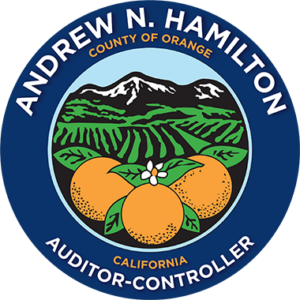How were California Redevelopment Agencies Eliminated?
As part of the state’s 2011-2012 budget, Governor Brown proposed elimination of redevelopment agencies (also known as “RDAs”) to help solve the deficit and to secure additional revenues for the state in perpetuity. The state legislature approved two bills that ultimately eliminated more than 400 California Redevelopment Agencies on February 1, 2012, including 25 RDAs within Orange County.
What is an Enforceable Obligation Payment Schedule? What about the Recognized Obligation Payment Schedule (ROPs)?
The Countywide Oversight Board is tasked with developing a list of redevelopment “enforceable obligations.” This term includes debt payments for redevelopment bonds and loans with required repayment terms, but typically excludes payments for projects not currently underway. Only those financial obligations included on these lists may be paid with revenues of former Redevelopment Agencies within Orange County.
The first list of redevelopment obligations is called the Enforceable Obligation Payment Schedule (EOPS). Later versions of this list are called the Recognized Obligation Payment Schedule (ROPS). Each ROPS covers a span of six months.
How is the Successor Agency funded?
Subject to the approval of the oversight board, the legislation specifies that successor agencies may spend $250,000, or up to 3% in future years.
Funds for successor agency administration may be supplemented with money from other revenue sources, such as loan repayments.
What is the term of Countywide Oversight Board members?
Oversight Board members serve at the pleasure of the appointing body or individual.
Who may sit as a member of the Countywide Oversight Board?
Members of the Countywide Oversight Board are appointed by specific entities as required by law. They represent cities, the County, special districts, K-12 educational agencies, community colleges, and public employees. An individual may serve on the Oversight Board and at the same time hold an office with the city, county, special district, school district, or community college district.
Are the members of the Oversight Board paid?
California Health and Safety Code § 34179(c) provides that all members shall serve without compensation or reimbursement for expenses. But the law provides for a limited amount of funds to cover administrative costs.
How does the Countywide Oversight Board function?
A majority (at least four out of the seven members) constitutes a quorum for the transaction of business. All of the actions of the Oversight Board are by majority vote. The conduct of the Oversight Board is subject to the California Brown Act for public meetings, the California Public Records Act for public records, and the Political Reform Act for conflicts of interest.
What staff does the Countywide Oversight Board have?
By law, the Orange County Auditor-Controller provides all required staff for the Countywide Oversight Board to conduct its business.
